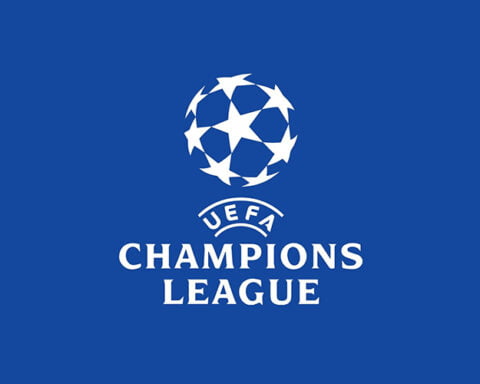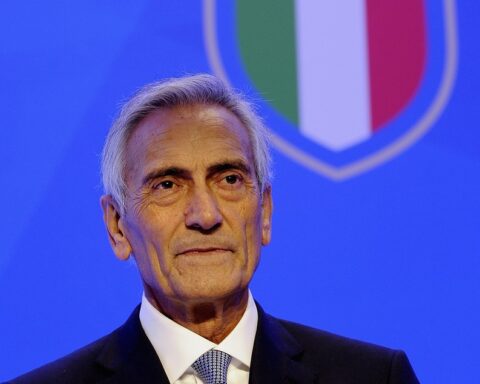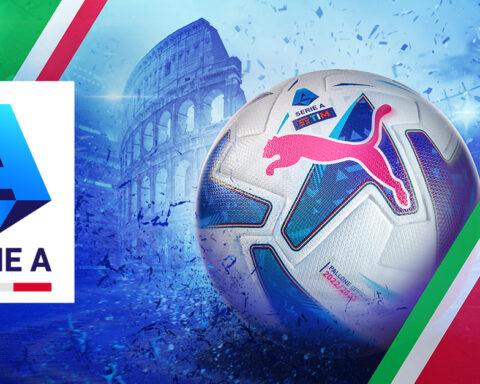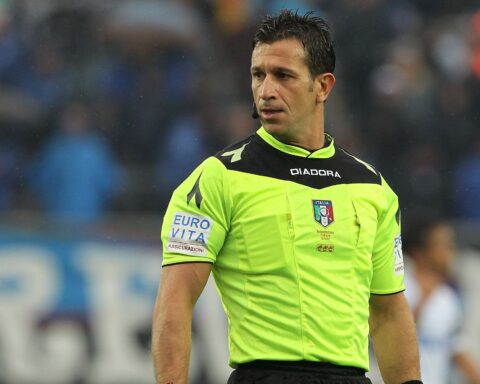A German Member of the European Parliament has lodged an inquiry with the European Parliament challenging the Italian Football Federation’s (FIGC) regulation on the Super League. Titled “Criteria of the Italian Football Federation in Violation of the European Court of Justice Ruling in Case C-333/21,” the inquiry questions the compatibility of the FIGC’s rules with the recent EU court decision.
The issue was brought to attention following the verdict of the EU Court on December 21, 2023, which determined that the organization of inter-club football competitions is an economic activity subject to competition rules and freedom of movement. The court deemed FIFA and UEFA rules, which approve, control, or sanction members participating in alternative competitions like the Super League, as an illegitimate restriction on the freedom to provide services.
Euro MP Toine Manders, affiliated with the EPP (European People’s Party), has presented the inquiry, asserting that despite the clear court ruling, the FIGC has introduced criteria demanding a “written commitment not to participate in competitions organized by private associations not recognized by FIFA, UEFA, and FIGC. These criteria are contrary to the judgment.”
Manders raises three key questions in his inquiry: “Does the Commission agree that FIGC’s criteria are contrary to EU law? Does it intend to take necessary measures to alert FIGC of this illegal behavior? What actions does it plan to take if FIGC, even after being warned, fails to comply with EU law?”
The regulation in question, known as the “anti-Super League” rule, was initially introduced by FIGC in 2021. This rule effectively prevents clubs participating in competitions organized by private bodies not recognized by UEFA and FIFA from enrolling in national leagues. It is found in Article 1, paragraph 5, letter C, and Article 2, paragraph 1 of the federal statute, proposed and approved under the presidency of Gabriele Gravina.
Consequently, an amendment to Article 16 of the NOIF (Norme Organizzative Interne della FIGC) was also sanctioned at that time. The amended article states: “For the purpose of enrolling in the championship, the club commits not to participate in competitions organized by private associations not recognized by FIFA, UEFA, and FIGC. Participation in competitions organized by private associations not recognized by FIFA, UEFA, and FIGC results in the loss of affiliation.”
The FIGC argues that the European court ruling prohibits “imposing sanctions on clubs participating in alternative competitions.” However, the federal regulation specifies that participation in competitions organized by private associations not recognized by FIFA, UEFA, and FIGC leads to the loss of affiliation, essentially introducing a new requirement for league enrollments. Now, the decision on the alignment of this regulation with the EU court ruling rests with the European Union.





